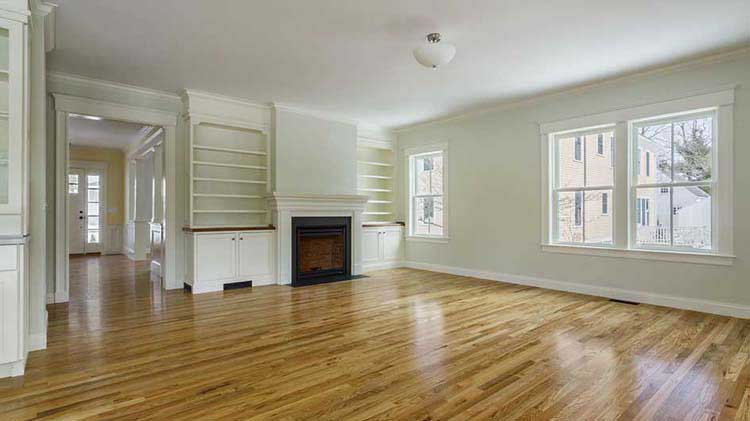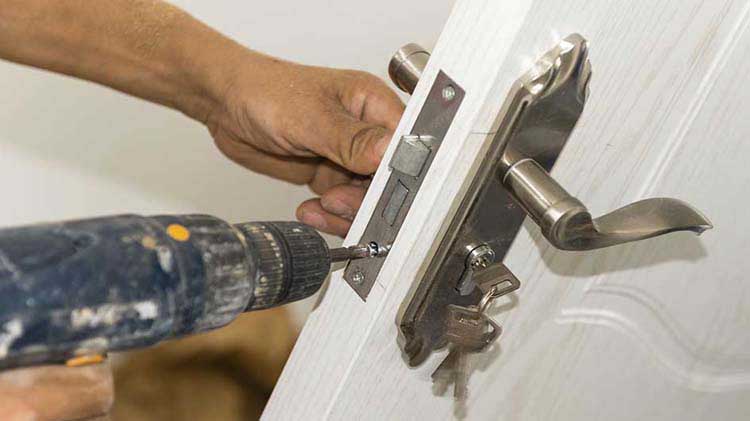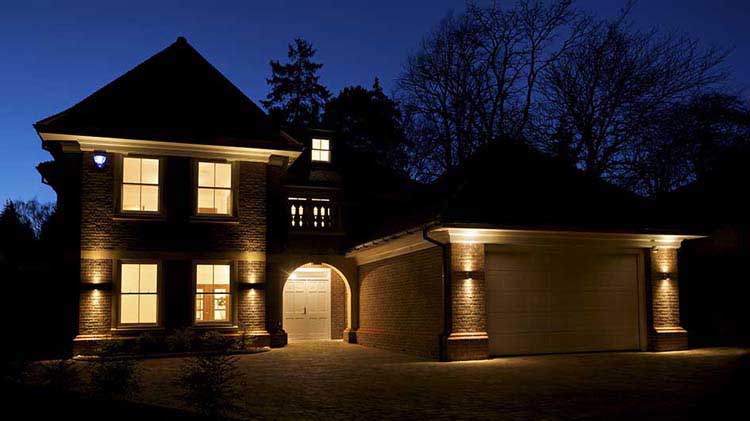How to protect a vacant house after moving
Consider these vacant property protection tips.
If your former home hasn't sold, your vacant property could fall victim to the elements, system failure, vandalism or burglary. The following measures may help lessen the risk for potentially costly issues.
Safeguard the interior
Prepare your home before you leave the property. Here are some ways you can help protect it:
- Secure all windows, doors, fences, gates and garage entrances
- Seal up any pet doors to help keep out pests, animals and other potential intruders
- Program your thermostat and replace the battery
- If you don’t have a programmable thermostat, consider setting your thermostat at a constant temperature (55 degrees or above) to help prevent pipes from freezing
Enhance the security
Giving the impression that the vacant home is occupied can help deter burglars. You might want to consider the following measures if you haven’t done so already:
- Install deadbolts on all exterior doors
- Consider installing a security system with an alarm
- If installing a security system isn’t an option, you may want to put up a few home security signs
- Add motion-sensor lights
- Use timers on a few lights so they turn on and off at set times
- Explore adding a unit that simulates a flickering TV
- Keep bushes trimmed to help prevent potential hiding places
- Close the curtains and blinds to help keep people from seeing in
- Be aware of what you share online — you may want to avoid letting the public know that you have moved
- Don’t leave spare keys around the exterior of your home
Maintain the exterior
Don't overlook the outdoor areas. If you’ve moved a good distance away, consider hiring someone to assist with the following:
- Lawncare and landscape maintenance (mowing grass, raking leaves, shoveling snow, trimming branches, etc.)
- Gutter cleaning to help avoid water damage
Enlist local support
Consider asking a family member, friend or neighbor to help keep an eye on your vacant property, collect any mail that may not have been forwarded, alert you to any concerns, and occasionally park in the driveway to help make your home appear occupied. You could also notify the police and the fire department that the house will be vacant.
Check your insurance
Be aware that if your home is empty for a month or more, your homeowners insurance may not cover losses that occur while it's vacant. Talk with your State Farm® agent to discuss your options.




